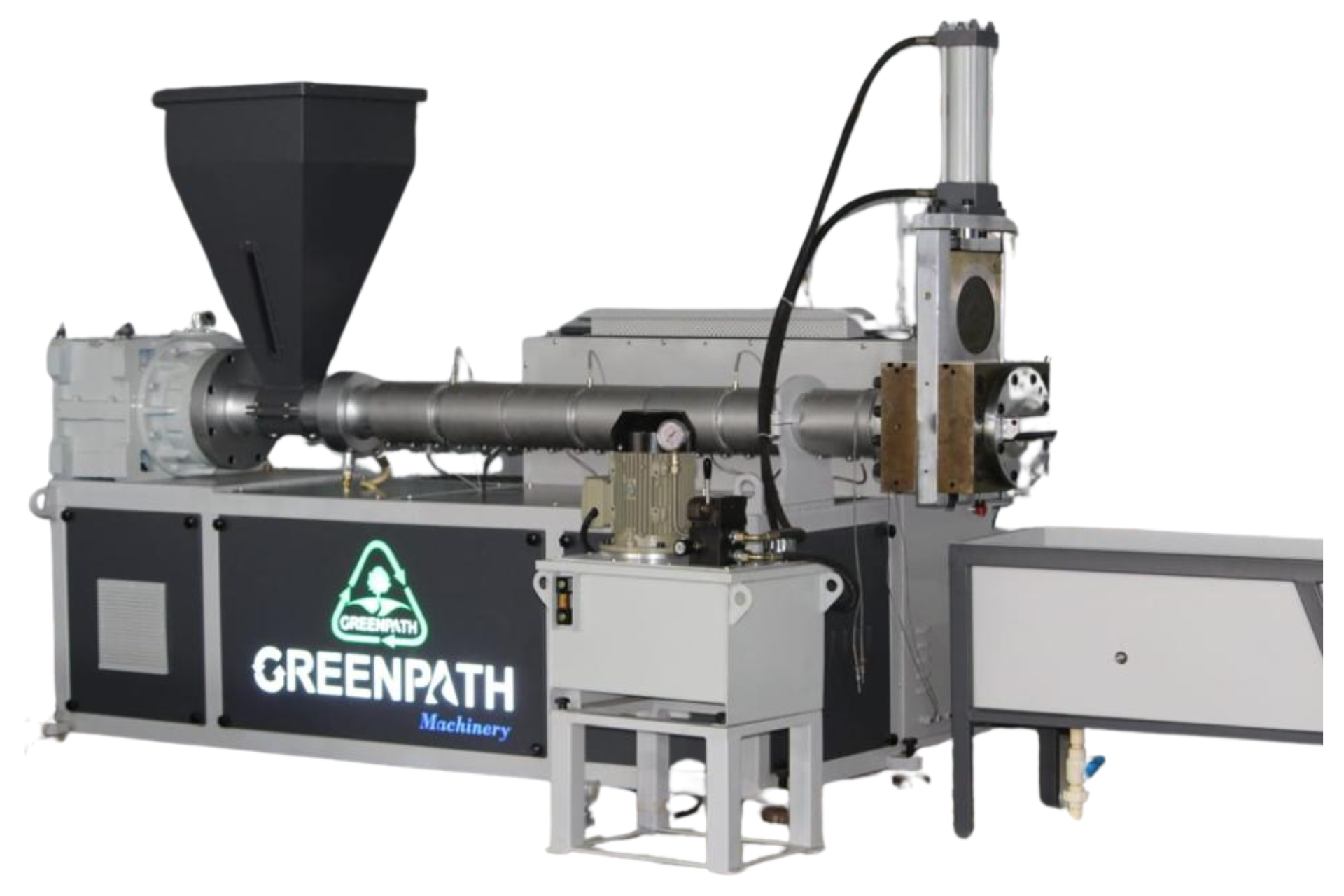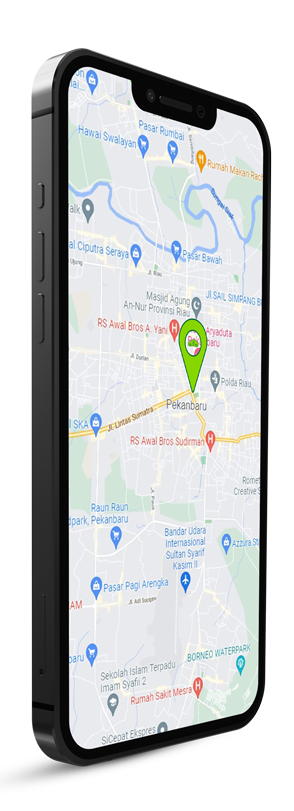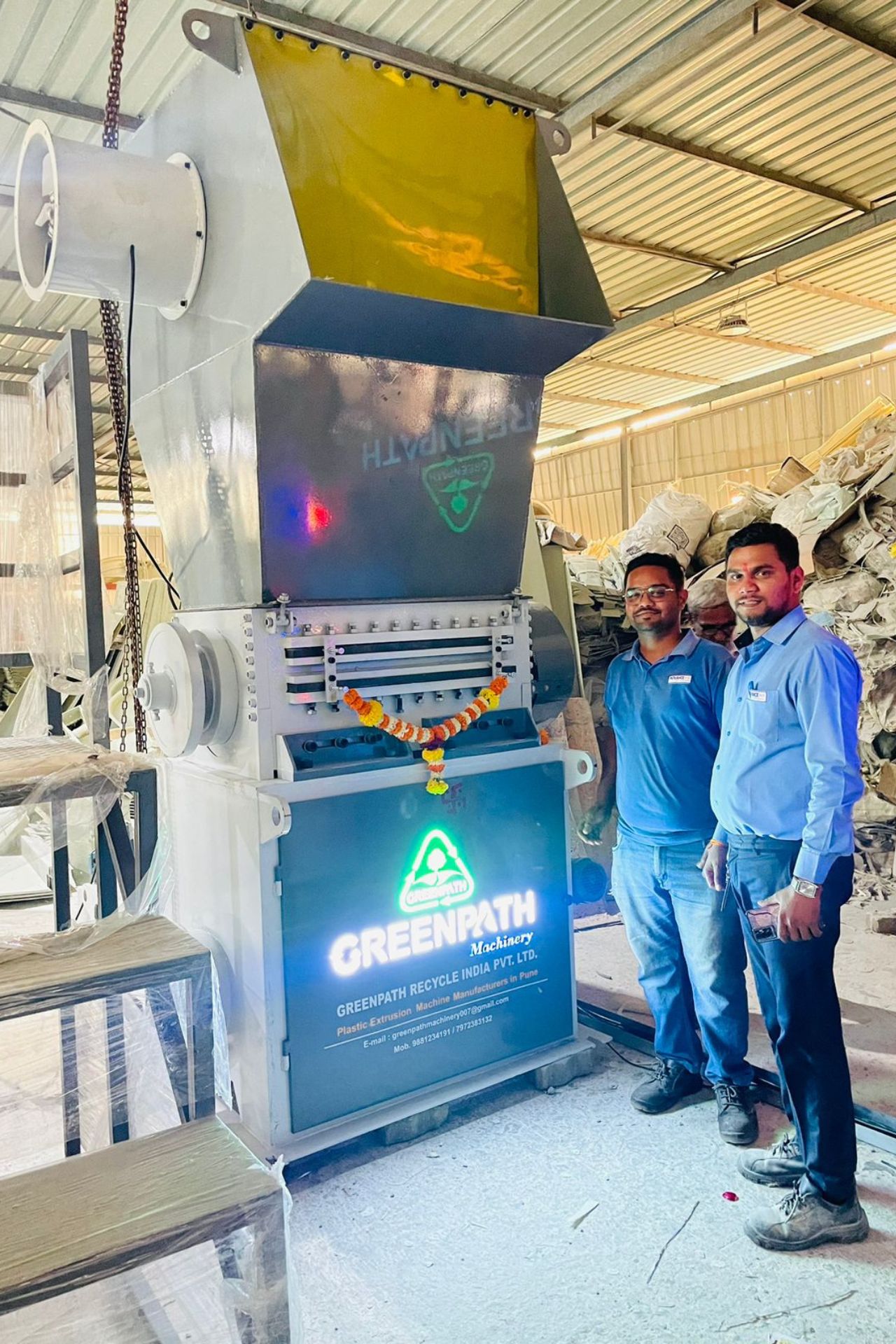Your Sustainable Partner in Plastic Recycling and Food Processing Solutions.

From efficient shredders to advanced granulators, we provide the tools to contribute to a circular economy.

Elevate your food processing capabilities with our specialized machinery.

your specific requirements are met with precision and innovation.

Greenpath has many years of experience in this field and many clients keep good reviews for us.
We are a Manufacturer of a wide range of products manufacturing machines which include Recycling plastic granule machines, Inline/online Round Drip Irrigation Plant, HDPE pipe Plant plastic scrap grinder machines, Plastic Agglomerator Machine, plastic mixture machines, Platen Type Hydraulic Screen Changer, Injection and blow Moulding machines Which are mainly used in the agriculture sector, household items, and industrial sectors.

Join Green Path Machinery Pvt Ltd in our mission to transform industries sustainably. Together, let’s build a future where machinery not only powers progress but also nurtures the planet we call home.

To be a globally renowned, most preferred manufacturer and trading house known as much for its sustainable products & quality processes as it is for creating a strong global position for Indian industrialists

📞 Call Now or 📧 Email Us to embark on a greener path together.
The Most Frequetly Asked Questions About Plastic Recycling
Plastic recycling is the process of collecting, sorting, and processing used plastic materials to create new products. This helps reduce the environmental impact of plastic waste by reusing existing materials.
Plastic recycling is crucial for environmental sustainability. It helps conserve resources, reduces the need for raw materials, minimizes energy consumption, and decreases the amount of plastic ending up in landfills and oceans.
Commonly recycled plastics include PET (polyethylene terephthalate), HDPE (high-density polyethylene), PVC (polyvinyl chloride), LDPE (low-density polyethylene), and PP (polypropylene). It’s essential to check local recycling guidelines for specific information.
Look for the recycling symbol on plastic items, usually accompanied by a number from 1 to 7 inside. This number indicates the type of plastic. Refer to local recycling guidelines to determine which types are accepted in your area.
While plastic can be recycled, it’s not infinite. Each recycling cycle may result in a lower-quality product. Eventually, the material may become unsuitable for recycling. Proper disposal and reducing plastic use remain crucial.
Not all plastics are recyclable, as it depends on the type and local recycling capabilities. Items like plastic bags, styrofoam, and certain containers may not be accepted. Refer to your local recycling center for guidance.
Recycled plastic goes through a process of cleaning, melting, and reforming into new products. These can include packaging, containers, textiles, and more. Supporting recycled products completes the cycle and encourages sustainable practices.
